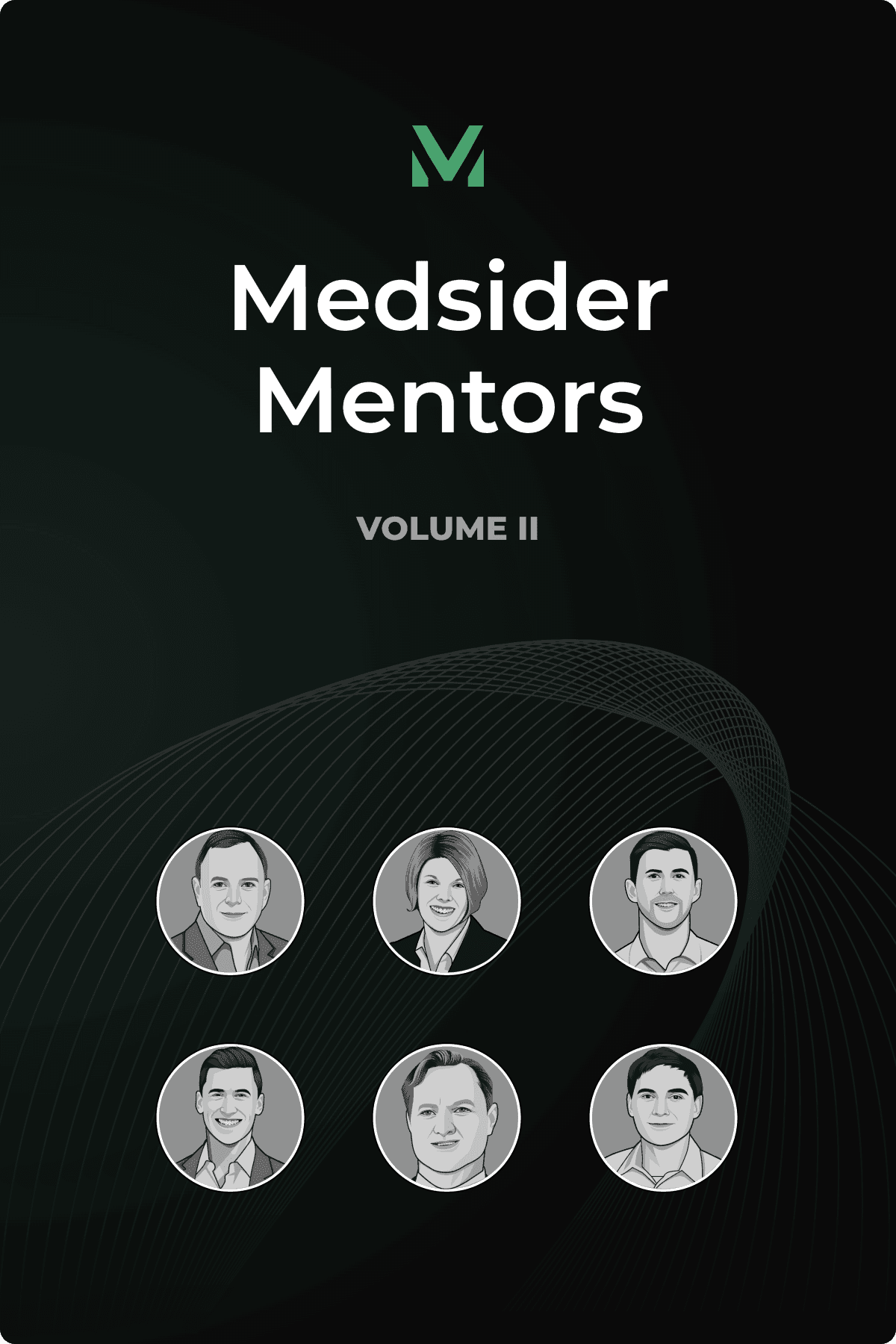How to Secure Widespread Adoption of Novel Technology
Interview with Magnolia Medical CEO Greg Bullington

Sepsis ranks as the primary cause of death in US hospitals and the fifth overall in the world. Standard tests used to diagnose sepsis are inaccurate on average 40% of the time in hospitals nationwide.
Unfortunately, hospitals, particularly emergency departments, often face challenges in maintaining aseptic environments for procedures. False positive sepsis tests often result from sample contamination from sources external to the patient’s bloodstream including microorganisms from the patient’s skin, a nurse’s fingertips during venipuncture, or the surrounding environment. Efforts to address this problem through nationwide medical staff training have yielded only modest, unsustainable improvement in results, as the elimination of contaminants remains unfeasible with current practices. Yet, this is not an impossible challenge to overcome.
This was the foundation for Magnolia Medical Technologies’ objective to help eliminate sepsis misdiagnosis. Greg Bullington stands at the forefront of a battle against sepsis misdiagnosis with Magnolia’s “Mission to Zero®” program: getting to zero false positives and zero patients harmed. The Magnolia team has developed a device platform (called Steripath®) that has demonstrated a groundbreaking 90%+ reduction in false positive sepsis tests in a variety of large-scale clinical studies at leading institutions (including Stanford University) published in leading peer-reviewed medical journals.
But let’s roll back the tape. Greg’s career started in strategy consulting, focusing on bringing cutting-edge healthcare technologies to market. In those early days, his broad exposure to clients, including healthcare giants in the Blue Cross Blue Shield network and revolutionary active immunotherapy technologies to treat prostate cancer informed his views of what it takes to change the standard of care. “I had an interesting mix of experience from an overall exposure to healthcare and commercializing novel technologies as well as creating completely new markets,” Greg says.
He then co-founded a software company that developed technology to improve the performance of hard drives, particularly in data center environments. After selling the technology to SanDisk, Greg realized the significant value of developing an entire portfolio of protected technologies, which shaped how he approached intellectual property in future ventures.
His path took a fortuitous turn when he was introduced to Dr. Richard Patton, a pathology expert at a University of Washington hospital, with whom he later co-founded Magnolia. “The first time I met with him, he pulled a little bag of goodies out of his drawer in his office, in the back of this huge clinical lab, and dumped a bunch of needles, tubes, and blood test equipment out on his desk and started to explain this problem around the misdiagnosis of sepsis,” Greg shares. Sepsis is the number one cause of death in hospitals and represents a huge burden on the healthcare system. Misdiagnosis of sepsis is a longstanding problem that Magnolia has now proven is totally preventable. This clinical proof is the foundation supporting Magnolia’s mission to eliminate the misdiagnosis of sepsis.
Greg and Dr. Patton tested the Initial Specimen Diversion Technique (ISDT), a conception of Dr. Patton’s earlier in his clinical practice, at several Seattle-area hospitals. They then went on to invent the Initial Specimen Diversion Device (ISDD) category and its first commercial device, known as Steripath. The Steripath system diverts and sequesters the initial couple of milliliters of blood that often contain a critical amount of contaminants. Then, the device creates a closed system between the vein and test bottle using a second, sterile flow path. The goal is to ensure that the only specimen that goes into the culture is the patient’s venous blood, excluding contaminants such as skin plugs, hair follicles, sweat glands, and adnexal structures dislodged during the process of accessing the vein. This method has allowed Steripath to demonstrate elimination of false-positive results, sustaining a contamination rate as low as 0.0%.
And that was just the beginning. Today, Magnolia helps hospitals collect samples in an aseptic manner with Steripath, preventing previously inevitable contamination risk in hospital settings and saving the lives of many through the prevention of sepsis misdiagnosis and associated mistreatment.
Nearly a decade of development and growth has brought Steripath and Magnolia to their current standing. Thanks to rigorous clinical studies and irrefutable data, Magnolia has carved out a new category and earned the bipartisan support of the U.S. Congress for a new national standard of care for sepsis testing accuracy. The company now boasts nearly 500 hospitals and hospital systems as customers nationwide and continues to expand. “We have earned bipartisan support in both the House and the Senate to accelerate the adoption of these new standards of care,” Greg reports.
Including ISDT and ISDD, Magnolia has amassed a hefty intellectual property portfolio that includes more than 150 method, apparatus, and design patents with over 50 additional patent applications pending.
Magnolia also has a software product in the pipeline that aims to make diagnostics swifter and more accurate. Greg shares his excitement, “The faster we can help more people, the faster we can be in a position to redeploy resources in driving more innovation, which will drive better outcomes.”
Key Learnings From Greg’s Experience
You need solid data, repeatable results, and a technology that remains relevant over time when trying to shift the paradigm in healthcare. Simply demonstrating a device's functionality isn't sufficient; continuous validation and persuasion of diverse stakeholders are key to widespread acceptance.
Effective communication strategies are crucial when introducing a novel technology. Magnolia found itself educating not only FDA but also enlightening the broader market about Steripath's significance, ultimately owning its innovative market leader role, changing the standard of care for sepsis testing accuracy.
Positioning a device as the standard of care requires backing from government entities, which are often inundated with proposals from various parties. Knowing how to tell a compelling story with irrefutable data proving device efficacy can push your device higher up on the priority list.
You May Like These Articles
Medsider Premium
Become a premium member and unlock access to exclusive Medsider benefits.



